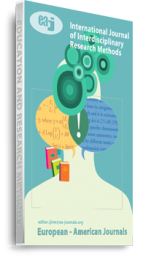This article explores the self-perception of young women with physical disabilities in Nigeria, focusing on their struggles and strategies for improving their self-image. In Nigerian culture, where gender injustice and disability stigmas are prevalent, this research highlights the unique challenges faced by young women who are physically disabled. The study recognizes the intersectionality of gender and disability, emphasizing how these women navigate a complex socio-cultural landscape that often marginalizes them. The primary goal of this research is to illuminate the socio-cultural factors affecting the empowerment of these young women by evaluating their lived experiences. By doing so, it aims to contribute to a deeper understanding of their self-perception. To gather data, qualitative research methods, including interviews and participant observations, were employed. These techniques provided rich, detailed insights into the participants’ lives and perceptions. The findings of this study have significant implications for policymakers, activists, and organizations in Nigeria dedicated to promoting equity and empowerment for young women with disabilities. By understanding the specific challenges and barriers these women face, stakeholders can develop more effective strategies and interventions to support their empowerment and improve their self-perception. The research underscores the importance of addressing both gender and disability issues in tandem to create a more inclusive and just society for all.
Keywords: Empowerment, Identity formation, Nigeria, disability, self-perception

